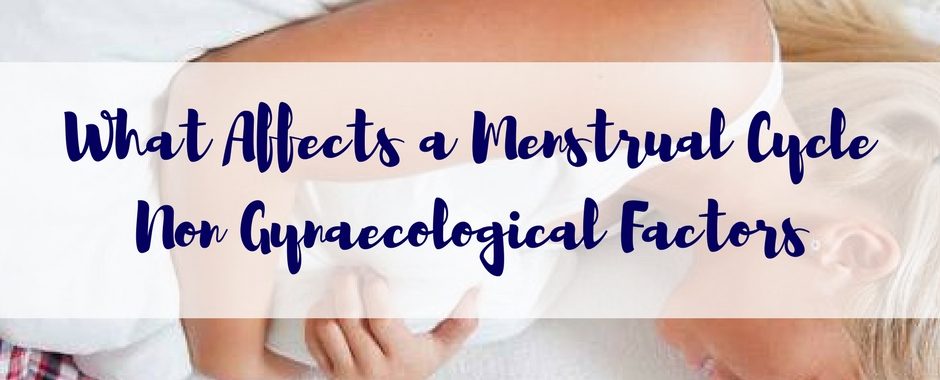I was going to add some further information to the last post of how males need to be held more accountable in the fertility journey and look after their health better, but I found some research that explained some more about this subject.
There is so much more research on how a man’s diet and lifestyle and exposure to chemicals, does affect his ability to conceive and also what he passes onto his future offspring. Often issues in a man, are actually a bigger factor in not falling pregnant, yet most of the time, women are the ones under the microscope. It really just does not make sense.
It’s well known that what a woman eats, drinks, breathes and puts on her body while she’s pregnant or nursing can all affect her reproductive system and the health of her baby. But there is plenty of research to show that a man’s exposure to harmful chemicals plays an important role, too.
Research has found that the concentration of heavy metals, persistent organic pollutants, alcohol, drugs and phthalates in a man’s body had more effect on how long it took a couple to conceive than the concentrations of those chemicals in the woman.
In this study, researchers looked at data from the Longitudinal Investigation of Fertility and the Environment (LIFE) Study at the Eunice Kennedy Shriver National Institute of Child Health and Human Development. The study explored the relationship between environmental chemicals and fertility by following 501 couples for up to a year while they tried to conceive, tracking such factors as time-to-pregnancy, miscarriages, infertility, birth size and more.
The research published in the April edition of the journal Andrology, measured the amounts of certain chemicals in the urine and blood samples of both partners. Male exposures were associated with as much as 30 percent reduction in “couple fecundity,” as measured by the amount of time it took them to conceive.
Reference: – http://onlinelibrary.wiley.com/doi/10.1111/andr.12171/abstract
Things such as alcohol exposure, heavy metal exposure, cigarette smoking, recreational drug use, endocrine disruptors and dietary exposures cannot be measured in a semen analysis.
To be honest, a semen analysis is just a brief overview of what is going on for a males reproductive system. Just because a man meets the minimum parameters on a semen analysis, does not mean he has good sperm to conceive naturally, or with assisted reproduction, quite the opposite actually. Semen analysis is not what normal sperm, for natural conception parameters should be, or are based on.
Semen analysis parameters are only an evaluation for Assisted Reproduction levels only, and we know that these parameters only need to be very low to meet the requirements for IVF and ICSI.
If you meet the minim parameters of this test, it does not mean you have good sperm, or sperm good enough for natural conception. Quantitively normal semen, does not mean it is qualitatively good. Plus, you can’t measure DNA damage and other environmental damage to sperm on a semen analysis. This is why so many couples are still having failed cycles, because they are told everything is OK, when in fact it isn’t.
This is why I always treat both the female and male, because over 50% of fertility issues are related to males and 85% of miscarriage issues are related to chromosomal factors relating to the male. It takes two people to have a baby, not just the female, unless you are a single female doing it on your own, or are in a same sex relationship.
Even then, sometimes the frozen sperm has issues too and a new batch is required to bring about success.
If a man is really serious about having a baby, then he will have no issue in giving up the things that are known to affect sperm. It is all about where his priority lies. If alcohol, cigarettes, drugs etc are the priority, then it begs the question, is this the right person to be trying to conceive with.
If you aren’t having success and need some answers, you can call my friendly staff and inquire about my fertility program that has assisted over 12,500 babies into the world… and counting.
Regards
Andrew Orr
Women’s & Men’s Health Crusader”
-Leaving No Stone Left Unturned












